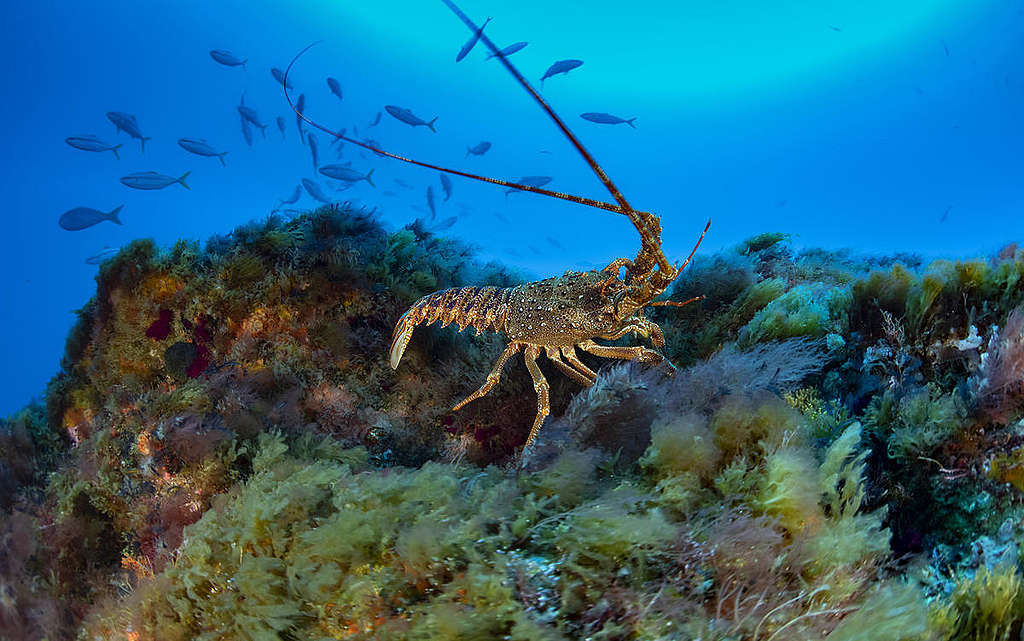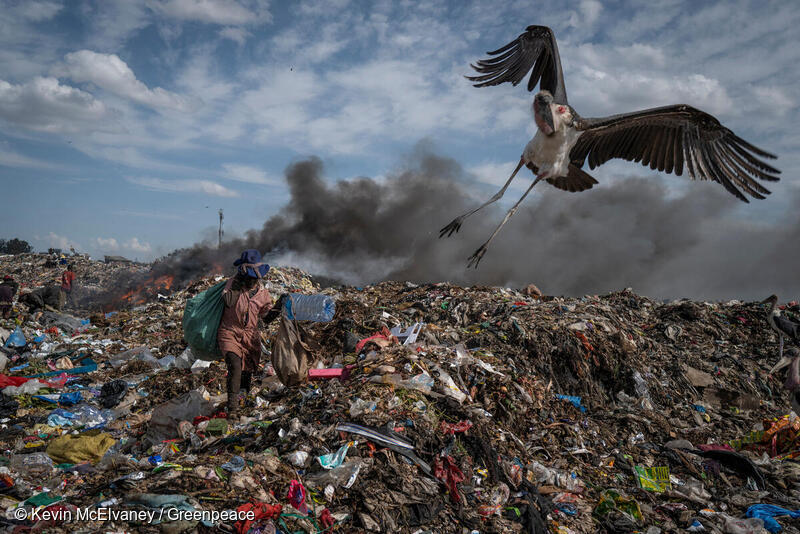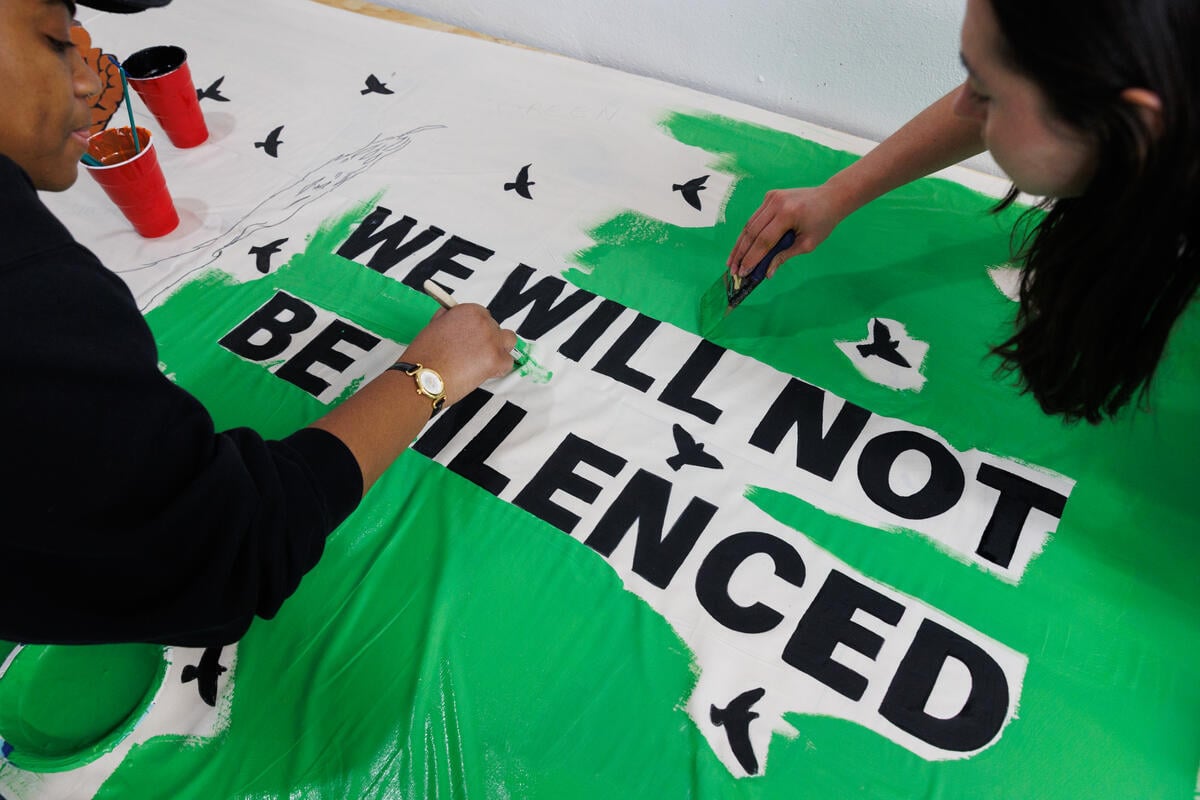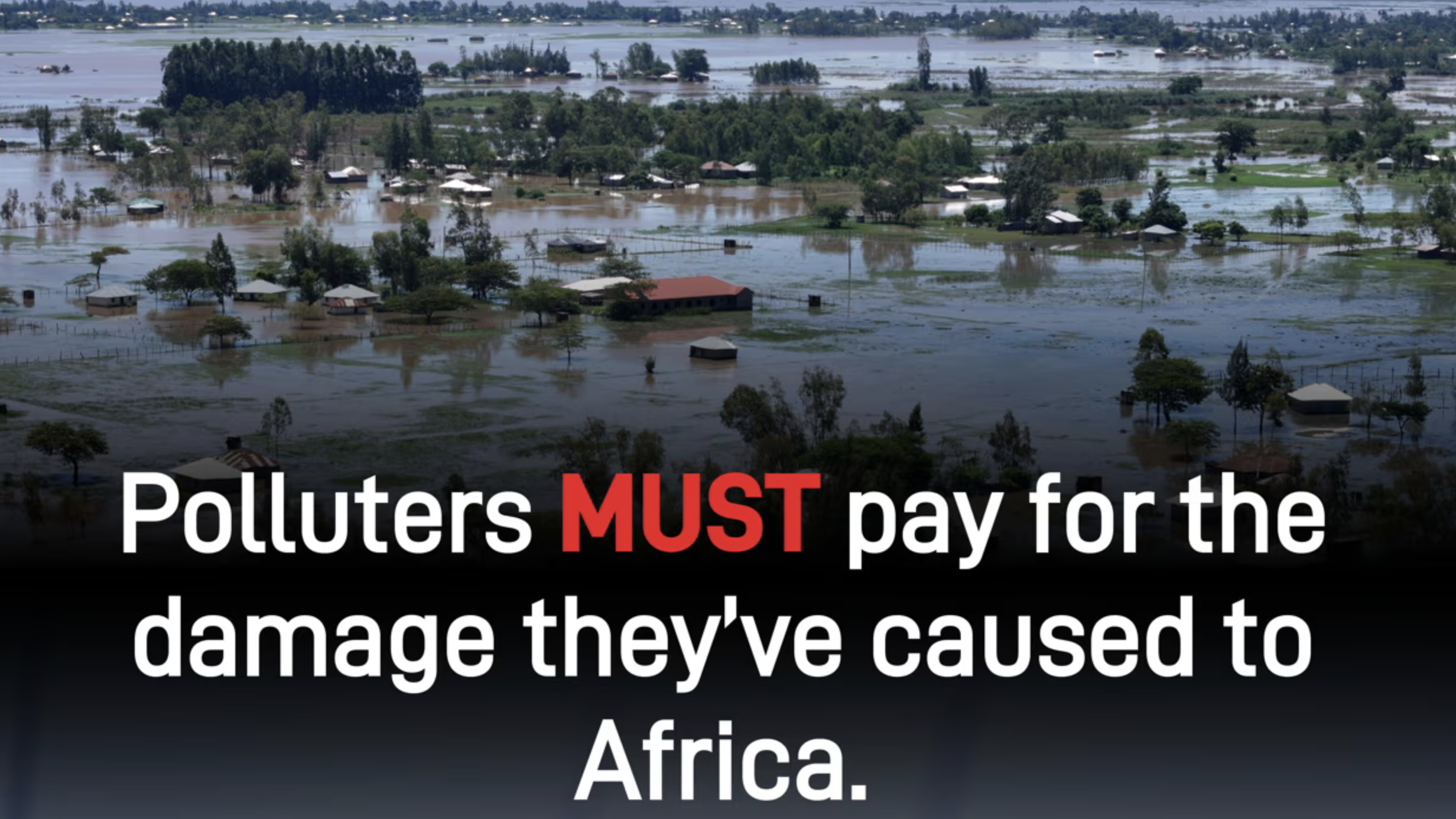12 July, Dakar – in the past week, dozens of dolphin and turtle carcasses were found in North Senegal, along the shores of Saint Louis. The deaths of marine wildlife come as oil giant BP has announced plans for gas drilling in one of the most pristine biodiversity hotspots in the West Africa coast.
In response, Greenpeace Oceans Campaigner, Awa Traore has said:
“While the cause of these specific deaths is still unknown, it is clear that any future industrial exploitation of our ocean would bring about many more such tragedies”, said Awa Traoré, Greenpeace Ocean Campaigner based in Dakar. “This case, in the midst of a biodiversity crisis and a global effort to restore ecosystems, needs to be seriously and transparently investigated by local authorities. This must not become the eerie promo to BP’s horror production in West Africa. BP must change course and support West Africans with renewable energy investments instead”, Awa Traoré concluded.
A recent investigation by the Greenpeace initiative “Unearthed” exposed plans by British Petroleum (BP) to a new gas project on the northern border of Senegal and Mauritania at 2.7km depth, an area surrounded by highly biodiverse ecosystems. The area, believed to be the largest known cold-water reef in the world, is home to countless species, including sharks, whales and turtle species. The project might also dwindle fish stocks and put artisanal fishermen at a greater risk. It might also affect the general population’s food security, as it heavily relies on fish for jobs and seafood as a source of protein.
“We are appalled by these deaths and we call on Senegalese authorities to urgently publish results of necropsy conducted on the carcasses. Oil giant BP (British Petroleum) must scrap its deep-sea fossil fuel project in West Africa, which would be devastating for marine wildlife habitats, as well as fish on which millions depend for a livelihood.
ENDS
Contact for questions and interviews:
Tal Harris
international commutation coordinator
+221 785366270 / [email protected]




